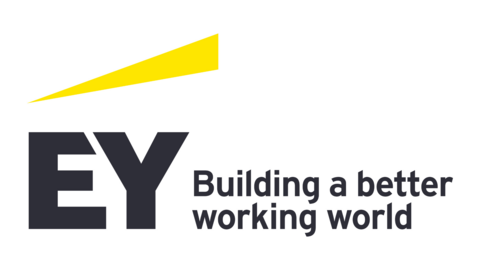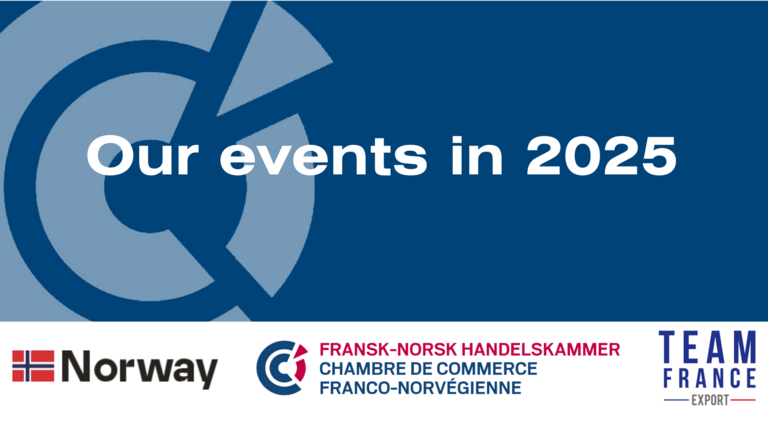The Aftermath of Work Flexibility

We are proud to count Ernst & Young Advokatfirm as a new member. Here is a presentation of this Norwegian firm and member of the global EY network.
Background
As the global community reacted to various geopolitical and health related events in the past few years, there was a realization that remote working was a viable option for keeping business moving. The shift from traditional location-based working to more extensive use of video technology made the working world feel smaller and full of opportunity. With this came a change to the configuration of international working, a decline in traditional long-term relocations in favor of a variety of business travel approaches and virtual options to better fit organizational strategies and employee needs.
As exciting as all the opportunities arising from a modern, hybrid and a cross-border flexible work model may seem from a personal and corporate point of view, it also means employers and employees are met with new tax and legal implications. For employers, the shift to more mobile and flexible working adds complexity in management of risks associated with tax, immigration, or other compliance and regulatory requirements.
When change outpaces legislation
We now stand at a complex crossroad where employers have opened the door to work flexibility as a cornerstone in their talent attraction and retention strategy, but done so at such a pace that relevant domestic and international rules and regulations have not had chance to fully adapt.
Often, corporate decisions are based on assumptions not fully taking into account the tax consequences for both the employees and the employer, arising from cross-border remote work. For instance, a company could create a permanent establishment in another location for something as seemingly harmless as authorizing an employee to work remotely whilst caring for aging parents. This could lead to unforeseen corporate tax and VAT implications for the company in a new location, resulting in unforeseen compliance obligations and costs for both the employee and the company.
Legislation change is in motion
Some regulatory changes have already been implemented. In 2022 the Norwegian Labour Act was changed to cover the largely accepted use of home office, and in July 2023, changes were made to the EU Multilateral Framework agreement (MFA) on social security for cross border telework. This is also applicable in Norway.
The MFA includes the right to choose to be socially insured in the employer country, and applies to employees who work more than 25%, but not exceeding 50%, of their total work time in their residence country. In such cases, employers and employees can agree to apply the MFA and file for an A1 certificate. This new approach on social security membership could potentially have a great impact for both employers and employees. From a cost perspective, or in terms of pension saving, where employer national insurance contribution and pension contributions may vary significantly from one country to another.
With other regulatory changes in development, combined with government efforts to mass digitalize their services and pursue further State collaboration within information sharing, one can rest assured that the realm of tax and legal compliance will continue to remain a hot topic. So, it should clearly be followed closely when contemplating cross border flexible working.
How can EY Advokatfirma help?
We can assist you in managing your international workforce and meeting the regulatory challenges that follow when national borders are crossed. Our experienced advisers can support in ensuring compliance with constantly adapting regulation through effective management of the mobile workforce.
With our global network and industry experts in both Norway and France, we can provide thorough legal and tax advice to businesses and help them succeed in their international pursuits whilst avoiding unforeseen pitfalls.
Our services range broadly from tax advisory to compliance work, starting with an initial conversation with businesses to ask the better question and assess where we can help.




